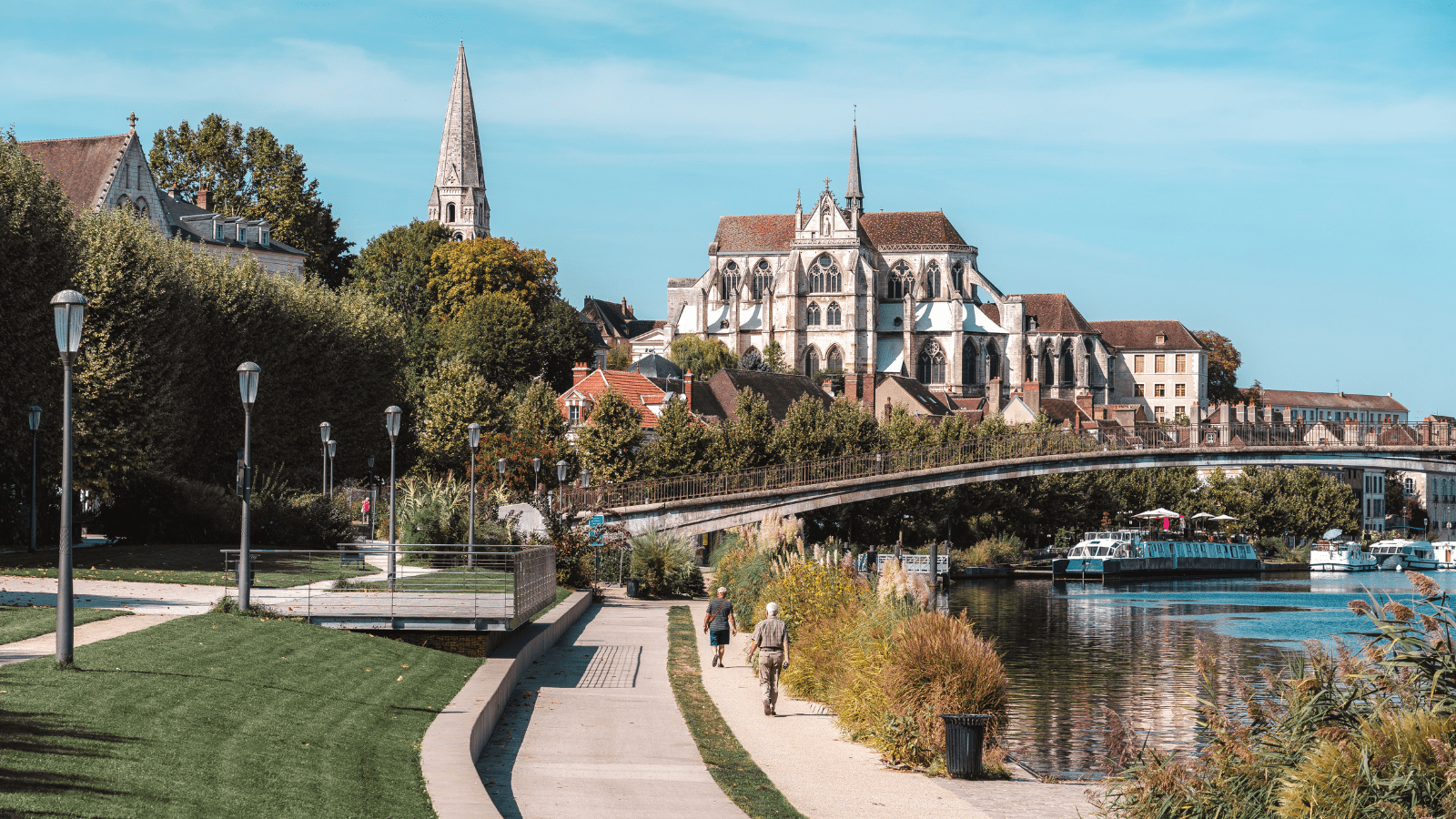Yonne River

Nestled amidst the bucolic landscapes of France, the Yonne River flows gently, weaving a tapestry of cultural richness and historical significance. Beyond its scenic beauty, the Yonne holds a profound cultural importance, serving as a nexus of artistic inspiration, historical heritage, and communal identity. In this enlightening exploration, we delve into the myriad reasons why the Yonne River is culturally significant, tracing its influence on art, literature, cuisine, and community life.
I. Artistic Inspiration: A Muse for Creativity
1. Impressionist Landscapes: Capturing the Essence of Nature
The Yonne River has long inspired artists with its tranquil waters, picturesque landscapes, and ever-changing light. This section delves into the Impressionist movement and the works of painters like Claude Monet and Alfred Sisley, who sought to capture the ethereal beauty of the Yonne through their art.
2. Romantic Reflections: Poets and Writers Along the Riverbanks
From the romantic poetry of Lamartine to the lyrical prose of Colette, the Yonne River has stirred the imaginations of writers and poets for centuries. This section explores the literary heritage of the Yonne, highlighting the works of authors who found inspiration in its flowing waters and scenic vistas.
II. Historical Heritage: Tracing the Footsteps of the Past
1. Medieval Fortresses: Guardians of the River Valley
The Yonne River served as a strategic waterway during the Middle Ages, with medieval fortresses and castles dotting its banks. This section explores the architectural legacy of the Yonne, showcasing historic landmarks such as the Château de Saint-Fargeau and the Fortified City of Provins.
2. Gallo-Roman Relics: Echoes of Antiquity Along the Riverbanks
Before the Middle Ages, the Yonne River was inhabited by Gallo-Roman communities who left behind traces of their civilization. This section examines archaeological sites and artifacts along the Yonne, offering insights into the ancient history and culture of the region.
III. Culinary Delights: Gastronomic Treasures of the Yonne
1. Burgundian Cuisine: A Feast for the Senses
The Yonne River flows through the heart of Burgundy, a region renowned for its gastronomic delights. This section explores the culinary heritage of the Yonne, from classic dishes like coq au vin and boeuf bourguignon to the world-famous wines of Chablis and Irancy.
2. Market Towns and Gastronomic Festivals: Celebrating Local Flavors
Along the banks of the Yonne, market towns and villages come alive with the aromas and flavors of local produce and specialties. This section highlights the vibrant food markets and gastronomic festivals that showcase the best of Burgundian cuisine and artisanal products.
IV. Community Life: Festivals, Traditions, and Celebrations
1. Riverfront Festivities: Fêtes and Cultural Events
The Yonne River serves as a focal point for community life, hosting a variety of festivals, fêtes, and cultural events throughout the year. This section explores the vibrant calendar of festivities along the Yonne, from music concerts and art exhibitions to traditional boat races and fireworks displays.
2. Local Traditions and Customs: Preserving Heritage and Identity
Alongside the riverbanks, communities uphold cherished traditions and customs that reflect the rich cultural heritage of the Yonne. This section delves into the rituals of village life, from wine harvest celebrations and patron saint festivals to folk music and dance traditions passed down through generations.
V. Environmental Awareness: Promoting Conservation and Sustainability
1. Ecotourism and Nature Conservation: Preserving the River Ecosystem
As awareness of environmental issues grows, the Yonne River has become a focal point for ecotourism and nature conservation efforts. This section highlights initiatives to protect the river ecosystem, restore biodiversity, and promote sustainable practices that ensure the cultural and ecological integrity of the Yonne.
2. River Clean-Up Campaigns and Environmental Education: Empowering Communities
Local organizations and environmental groups are actively involved in river clean-up campaigns and educational programs aimed at raising awareness about the importance of preserving the Yonne River. This section explores grassroots efforts to engage communities in stewardship and conservation initiatives.
Conclusion: Embracing the Cultural Tapestry of The Yonne
From its role as a muse for artists and writers to its status as a culinary and cultural hub, the Yonne River weaves a rich tapestry of heritage and inspiration. It is a left-bank tributary of the Seine River. As we journey along its banks, we are reminded of the profound cultural significance of this iconic waterway, which continues to shape the identity and collective memory of the communities it touches. Let us celebrate the cultural richness and diversity of the Yonne, embracing its legacy as a source of inspiration, creativity, and community spirit.
Know More about the Yonne River.
What are The Religious Places of the Yonne River?
When Did The Yonne River Basin Become a Focus?
Where is The Yonne River Located?
Who Were The Key Historical Figures and Civilizations of The Yonne River?
How to Reach Yonne River?




